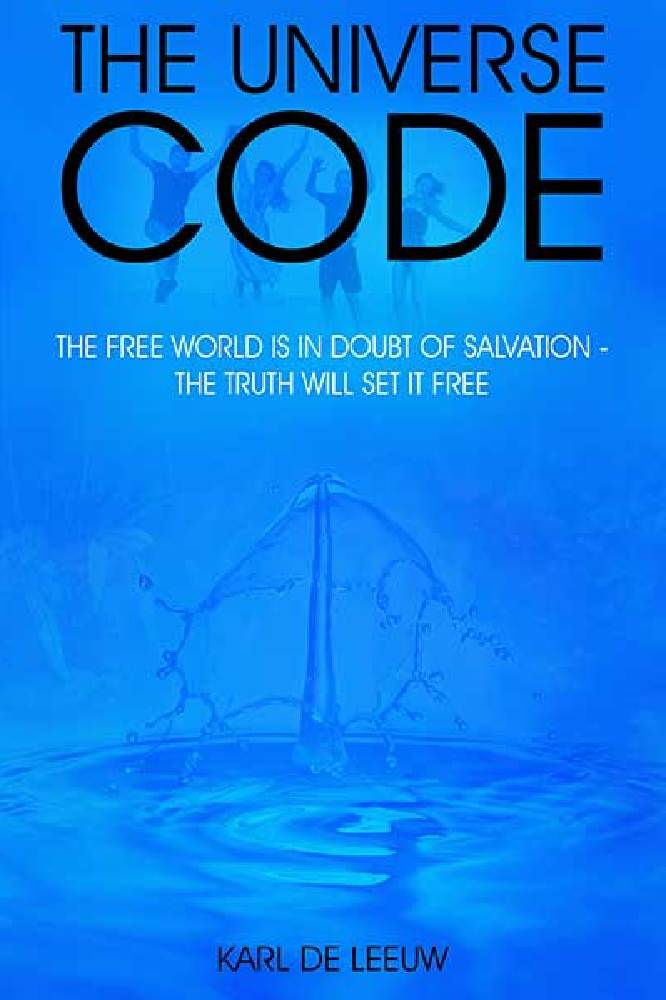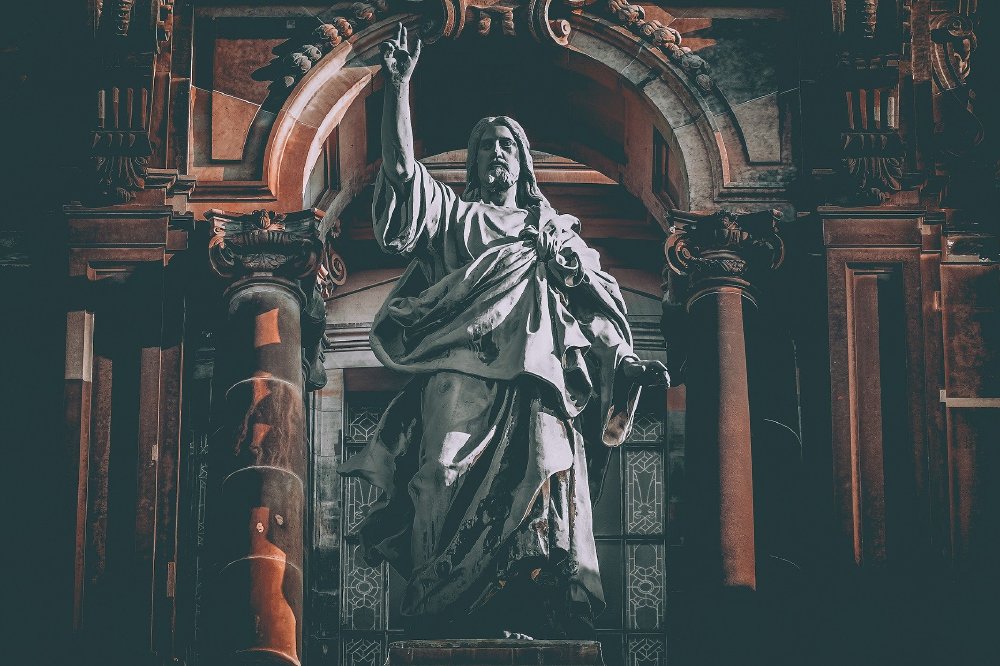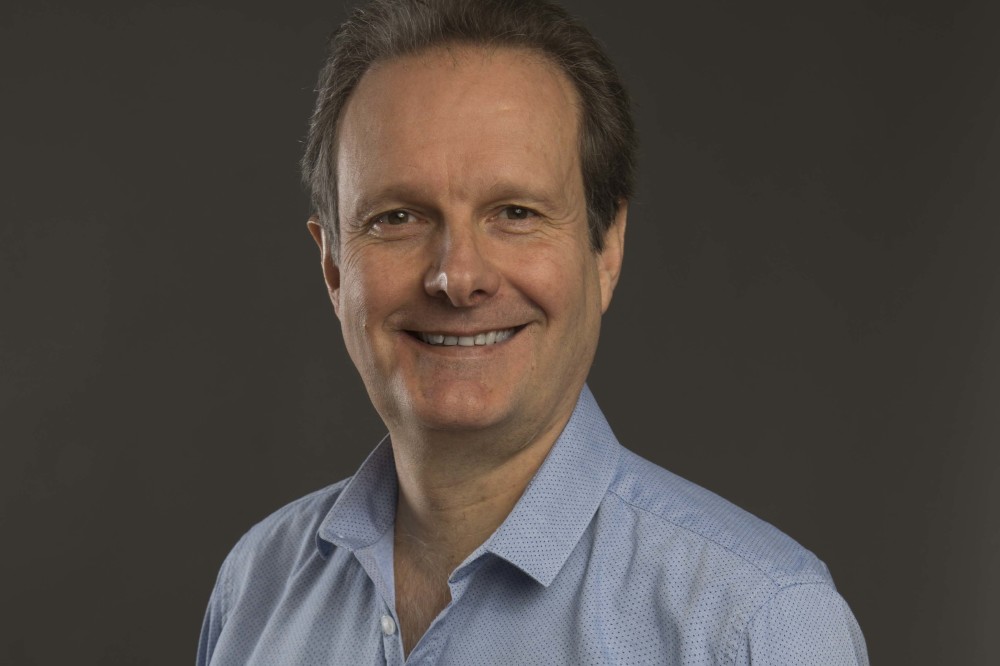From the grim familiarity of racially fuelled violence to widespread government corruption and worsening diplomatic relations, the world is in a state of devastating upheaval, social discord and unprecedented suffering. We are facing a worsening crisis not just in Covid-19 but in the rapid, unchecked spread of hate and division. Mankind has become so accustomed to and consumed by conflict and segregation that it is blind to the slow death of kindness, compassion, and goodness.

The Universe Code
As humanity stands at this unsettling crossroads, it needs a creator – whatever ‘a creator ’ may be – more than ever.
The question of what a creator ‘is’ has in itself driven many of the most violent, atrocious conflicts on record. The wars in Iraq, Afghanistan, Northern Ireland, and the Middle East – and acts of terror including 9/11 and the Christchurch mosque shootings, among others - are cases in point. But it is perhaps easy to forget that all spiritual and religious frameworks have far more in common than not. Conflict and acts of terror are waged more typically by politically-fuelled ideologies and on twisted dogma than on original teachings.
Religion, then, is not rooted in division but instead in love and unity; regardless of one’s sentiment, it is fundamentally there to shape and improve our public interaction. In the words of Mahatma Gandhi, “All religions are branches of the same tree” – or, to put it another way, that all religions are different paths to the same creator . If this is indeed the case, which I believe it is, then all religions – and religious history itself – are by definition more deeply intertwined than first thought.
A few years ago, I visited Srinagar, a predominately Muslim city in the Indian union territory of Jammu and Kashmir. In this wonderful melting pot of culture and ideology I saw something quite unexpected: a shrine to Moses. Elsewhere in this beautiful city I found what is said to be Throne of Solomon and heard talk of the relics of the Star of David being located nearby. The region, I was told, is the birthplace of Abraham and the Hebrews. The Ahmadiyya Muslims, meanwhile, believe that Jesus survived the crucifixion and spent his remaining years in Kashmir. His mother Mary, they say, is buried just 82 miles away in Murree. Murree - or Marhee as it was once called - is said to have been named after her. I left India with a single burning question: could this possibly be true? According to accepted Biblical teachings, neither Moses or Jesus - or the roots of Christianity more generally – have an Indian connection, after all. But by approaching the question with Gandhi’s open-minded philosophy – that all religions are branches of the same tree – I discovered something quite remarkable: that a link of some substance does exist between Jesus and India.

In The Unknown Life of Jesus Christ [Wilder Publications (18 Dec. 2008 edition)], the 19th-century Russian author Nicolas Notovitch reveals how, in the course of a visit to a Buddhist convent, he learnt from the chief Lama of ancient manuscript in the Llasa archives about the life of one ‘Saint Issa’. The manuscript, entitled “The Life of Saint Issa, The Best of the Sons of Men”, states that Issa studied the laws of the great Buddhas; that at the age of 14 he journeyed first into Nepal and then to India where he learned to read and understand the Hindu Vedas and to teach and explain the Buddhist Holy Scriptures; and that he later applied himself to the study of the Hindu, Buddhist and Jain sutras. Issa, the manuscript goes on, was 29 years old when he was recalled from his travels to help the people. Interestingly, little is mentioned of Jesus in the Bible between the ages of 13 and 29.
I posit that Issa and Jesus were one and the same person.
The connection lies in The Talmud Teachings of Jmmanuel, an ancient document that was encased in resin and buried for 19 centuries until its discovery in a cave near Jerusalem in the early ‘60s. It is seen by some as being the true testament of Jesus Christ. In it, Jesus - or Jmmanuel – travelled to India with his mother Mary, brother Thomas and friend Judas Iscariot.
And as for the Ahmadiyya Muslims’ belief that Christ survived the crucifixion? Let us look at Chapter 4 verse 157 in the Holy Quran which (as per a translation by Maulana Wahiduddin Khan), states, “They did not kill him, nor did they crucify him, but it only seemed to them (as if it had been so). … But they certainly did not kill him. God raised him toward Himself. God is almighty and wise.”
Whilst we cannot say with any confidence that such links really exist, we can at least be sure followers of the world’s religions have and will forever be united by spiritual truth. In these dark times, all religions offer help to humanity and, in times of crisis, that most precious thing of all: hope.

Karl de Leeuw is an author and founder of peace campaigning website OneSouls.co.uk. He is also the author of The Universe Code: The Free World Is In Doubt of Salvation – The Truth Will Set It Free!, out now on Amazon. The One Souls peace conference, described as an “eclectic mix of cultures and faiths in an endeavour to foster world peace through truth”, takes place on 28th August 2021, streamed live from New York. Tickets cost $3 (approximately £2.33) and are available from the OneSouls website.

